Astaxanthin: Beyond A Super Food
What if I told you there is a natural substance that is so powerful as an antioxidant that is; 6000 times stronger than Vitamin C, 5 times stronger than beta-carotene, 800 times stronger than CoQ10 (ubiquinone), 550 times stronger than green tea catechins (phenolic compounds abundant in tea, cocoa & berries) and up to 500 times stronger than Vitamin E. And that this substance can act like an internal sunscreen in your body!
Astaxanthin is a naturally occurring red keto-carotenoid. Whilst astaxanthin is found in a range of organisms, it’s most abundant in microalgae, such as Haematococcus pluvialis and accumulated in marine species like salmon, shrimp, and krill. Its distinctive molecular structure, containing both hydroxyl and keto groups, allows it to embed across cell membranes and function in both hydrophilic and lipophilic environments. This dual capability underlies its exceptional antioxidant power, with oxygen radical absorbance capacity (ORAC) values reported to be 100–500 times stronger than vitamin E and approximately ten times more effective than other carotenoids (Ambati et al., 2019).
As astaxanthin is particularly bio-available for uptake by the body it is easily absorbed, available and accumulated in tissues.
Here are the top health benefits of consuming astaxanthin:
Antioxidant and Anti-Inflammatory Properties
Astaxanthin is widely recognised for its potent antioxidant and anti-inflammatory effects. Donoso et al. (2021) conducted an evidence-based review of human clinical trials and found that supplementation with astaxanthin consistently reduced oxidative stress markers and inflammatory mediators. These properties make it particularly valuable for conditions where oxidative damage and chronic inflammation play a central role, such as cardiovascular disease and metabolic syndrome.
Neuroprotection and Cognitive Function
One of the most promising features of astaxanthin is its ability to cross the blood–brain barrier, enabling direct neuroprotection. Queen et al. (2024) critically reviewed human studies and concluded that astaxanthin shows potential for supporting executive function, slowing age-related cognitive decline, and protecting against neurodegenerative conditions such as Alzheimer’s disease. The authors emphasised that its neuro-protective effects stem from reducing oxidative damage in neural tissues and modulating inflammatory pathways.
Skin and Eye Health
Astaxanthin also demonstrates protective effects in tissues highly susceptible to oxidative damage, such as the skin and eyes. Clinical trials have shown that supplementation may reduce UV-induced skin ageing, improve elasticity, and support hydration (Donoso et al., 2021). In ophthalmology, astaxanthin has been associated with improved retinal blood flow and reduced symptoms of eye fatigue, suggesting a role in preserving vision in aging populations.
Cardiovascular and Cancer-Related Benefits
In addition to neuro-protective and dermatological applications, astaxanthin may also contribute to cardiovascular health. Its ability to reduce lipid peroxidation and improve endothelial function has been demonstrated in human studies (Donoso et al., 2021). Preclinical and clinical evidence also suggests a potential role in cancer prevention, although further rigorous trials are needed to confirm these effects (Fakhri et al., 2022).
An Internal Sunscreen
If you spend a lot of time outdoors, astaxanthin may be a valuable addition to your skincare and wellness routine. Clinical trials suggest that doses between 4–12 mg per day can help the skin resist sunburn, stay hydrated, and age more gracefully. While it’s not a replacement for sunscreen, it is one of the most exciting natural compounds for protecting and nourishing your skin from within.
Conclusion
Astaxanthin is emerging as one of the most powerful natural antioxidants, with diverse benefits spanning brain, skin, eye, cardiovascular, and metabolic health. Donoso et al. (2021) highlighted its broad therapeutic applications in human trials, while Queen et al. (2024) emphasised its unique neuro-protective capacity. Astaxanthin stands out as a highly bioactive compound with considerable potential for disease prevention and health promotion.
Micro Wholefoods are proud to supply the highest quality and sustainably sourced microalgae available.
Explore Natural Astaxanthin by Micro Wholefoods
References
Ambati, R. R., Phang, S. M., Ravi, S., & Aswathanarayana, R. G. (2019). Astaxanthin: Sources, extraction, stability, biological activities and its commercial applications—A review. Marine Drugs, 17(1), 76. https://doi.org/10.3390/md17010076
Capelli, B., Bagchi, D. & Cysewski, G.R. Synthetic astaxanthin is significantly inferior to algal-based astaxanthin as an antioxidant and may not be suitable as a human nutraceutical supplement. Nutrafoods 12, 145–152 (2013). https://doi.org/10.1007/s13749-013-0051-5
Donoso, A., González-Durán, J., Muñoz, A. A., González, P. A., & Agurto-Muñoz, C. (2021). Therapeutic uses of natural astaxanthin: An evidence-based review focused on human clinical trials. Pharmacological Research, 166, 105479. https://doi.org/10.1016/j.phrs.2021.105479
Fakhri, S., Abbaszadeh, F., Dargahi, L., & Jorjani, M. (2022). Astaxanthin: A mechanistic review on its biological activities and health benefits. Pharmacological Research, 176, 106052. https://doi.org/10.1016/j.phrs.2021.106052
Nawaz, A., Nishida, Y., Takikawa, A., Fujisaka, S., Kado, T., Aminuddin, A., Bilal, M., Jeelani, I., Aslam, M. R., Nishimura, A., Kuwano, T., Watanabe, Y., Igarashi, Y., Okabe, K., Ahmed, S., Manzoor, A., Usui, I., Yagi, K., Nakagawa, T., & Tobe, K. (2021). Astaxanthin, a Marine Carotenoid, Maintains the Tolerance and Integrity of Adipose Tissue and Contributes to Its Healthy Functions. Nutrients, 13(12), 4374.
Queen, C. J. J., Sparks, S. A., Marchant, D. C., & McNaughton, L. R. (2024). The effects of astaxanthin on cognitive function and neurodegeneration in humans: A critical review. Nutrients, 16(6), 826. https://doi.org/10.3390/nu16060826
Régnier, Philippe & Bastias Venegas, Jorge & Rodriguez-Ruiz, Violeta & Caballero-Casero, Noelia & Caballo Linares, María del Carmen & Sicilia, María & Fuentes, Axelle & Maire, Murielle & Crépin, Michel & Letourneur, Didier & Gueguen, Virginie & Rubio, Soledad & Pavon-Djavid, Graciela. (2015). Astaxanthin from Haematococcus pluvialis Prevents Oxidative Stress on Human Endothelial Cells without Toxicity. Marine Drugs. 13. 2857-2874. 10.3390/md13052857.
Yamashita, E. (2017). The effects of oral astaxanthin on human skin: A randomized, double-blind, placebo-controlled trial. Acta Biochimica Polonica, 64(3), 391–398.
Explore Natural Astaxanthin by Micro Wholefoods
